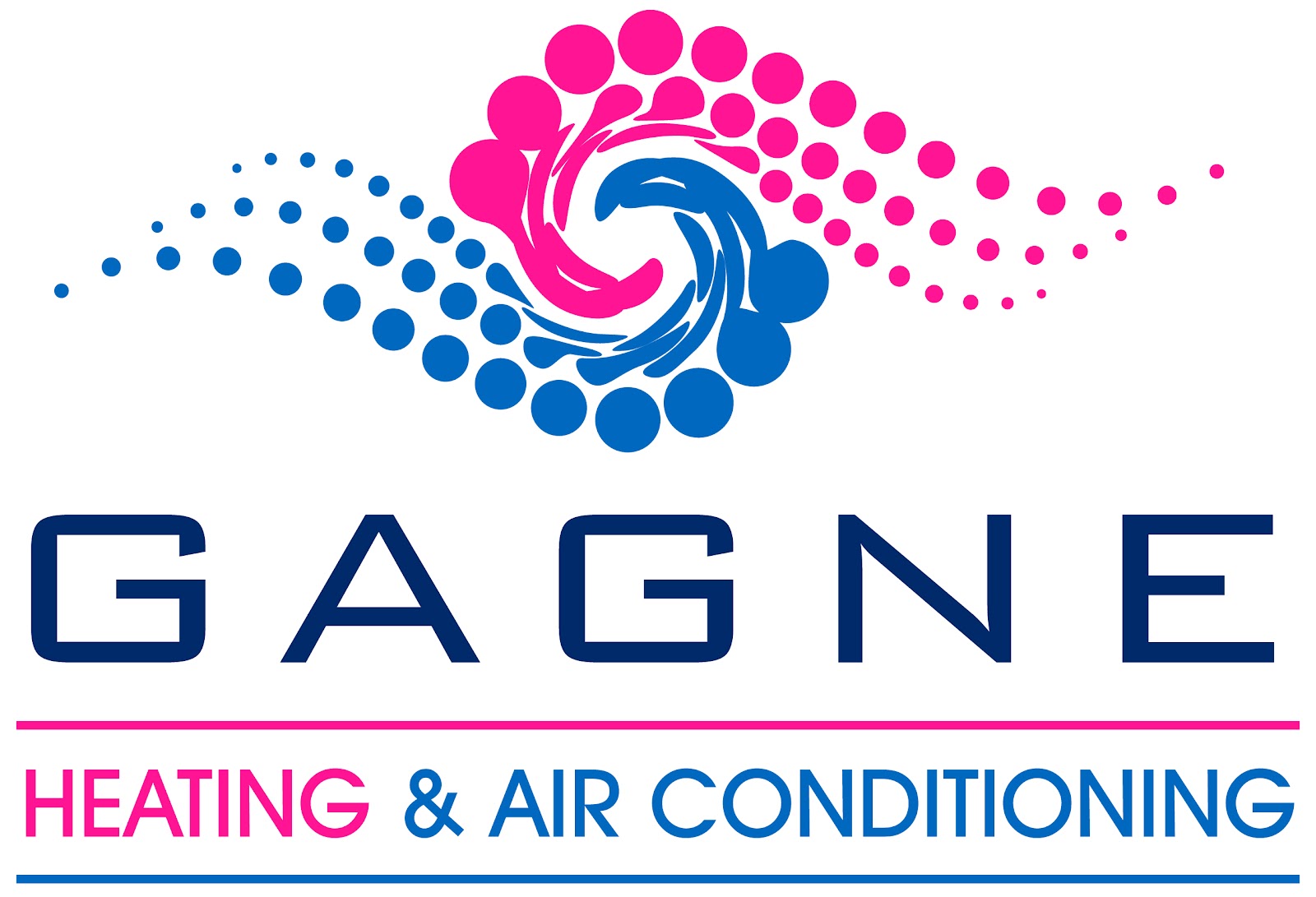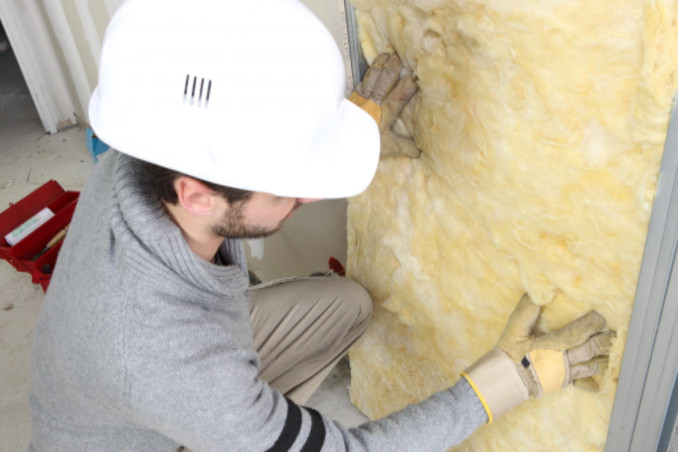Temperatures in Georgia can be incredibly uncomfortable, especially in the hot and humid summer months. On the other hand, Georgians also experience some freezing temperatures in the winter. Both extremes can cause temperatures in our homes to be miserable if insulation isn’t installed properly.
Before purchasing or installing insulation, we need to understand why this product is so important. “Insulation acts as a barrier to heat loss and heat gain, particularly in roofs and ceilings, walls and floors,” according to YourEnergySavings.gov.
Here are four basic principals to consider when insulating your home.
- R value: This number is the insulation’s ability to prevent heat from leaking in and out. The level of R value that you need depends on the type of home you have and the climate in which you live. If the insulation is not installed correctly, the R value will not perform the way it’s intended. Therefore, consider hiring a professional installer to make sure it’s done correctly.
- Types of insulation: There are two basic types of insulation: bulk and reflective.
Bulk insulation comes in batts, rolls or boards. It’s made from wool, polyester, glass, wood or recycled paper. This type of insulation is used mainly in homes located in cooler climates.
Reflective insulation is used in warmer, sunny climates. It resembles shiny aluminum foil that is laminated onto paper or plastic. The type you need depends on the climate in which you live. There are some insulation products available which are a hybrid of both bulk and reflective.
- When to insulate: Generally, it is best to insulate when you are in the building or renovation process. It can be incredibly costly and difficult to insulate after construction is complete, so it’s best to do it during one of these two stages.
- What to insulate: Roofs and ceilings are the most important to insulate. You can lose up to 45% of heating and cooling through an improperly insulated roof or ceiling. Walls are incredibly important as well and can save up to 20% of heating and cooling energy. Additionally, floor insulation can save up to 5% on winter heating costs.
If you’re in the process of building or renovating your home, talk to one of our heating and cooling experts at Gagne. We can help you understand the ins and outs of insulation as well as the best heating and cooling system for your home.
For more information regarding energy saving tips, read how heating and air installation errors could be costing you money.

